Top Stories
Only in his second year of UCSB's Linguistics doctoral program, Daniel Hieber already has a Grad Slam win under his belt. His smooth and well-prepared presentation made him an instant standout, and he took first place at UCSB's 2015 competition. Danny then went on to the inaugural UC-wide Grad Slam and scored another win, an impressive second place!
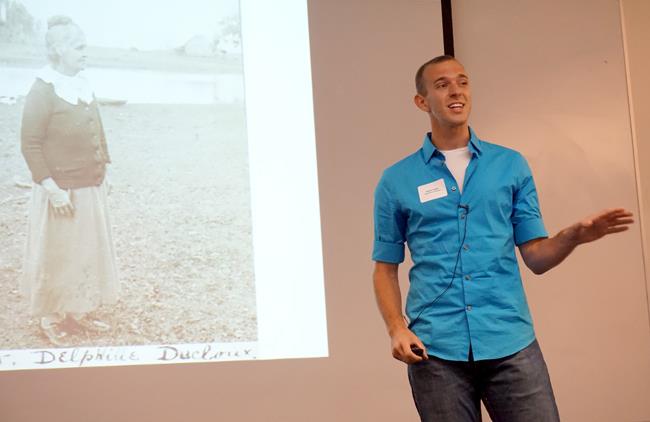 Only in his second year of UCSB's Linguistics doctoral program, Daniel Hieber already has a Grad Slam win under his belt. His smooth and well-prepared presentation made him an instant standout, and he took first place at UCSB's 2015 competition. Danny then went on to the inaugural UC-wide Grad Slam and scored another win, an impressive second place!
Only in his second year of UCSB's Linguistics doctoral program, Daniel Hieber already has a Grad Slam win under his belt. His smooth and well-prepared presentation made him an instant standout, and he took first place at UCSB's 2015 competition. Danny then went on to the inaugural UC-wide Grad Slam and scored another win, an impressive second place!
Before coming to UCSB, Danny graduated with a double major in linguistics and philosophy from the College of William & Mary in Virginia. He then spent several years working before returning to pursue a doctoral degree. He is currently working on his master's project, titled "The Interaction of Tone and Prosody in Ekegusii Folktales." In this Spotlight interview, Danny shares some valuable advice for succeeding in graduate school, as well as how he earned a third degree black belt in karate!
Where did you grow up? Tell us a little about your childhood.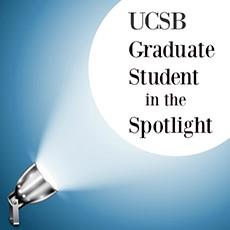
I grew up in a small town in the Shenandoah Valley (where the Appalachians cut through Virginia), a beautiful area with lots of hiking and small family-owned farms. Much of the area was settled by Old-Order Mennonites, so I learned to drive with lots of horse-and-buggies on the road! I have one younger sister, and both of us are first-generation college students.
Are there any particular experiences that had a big influence on you and helped shape who you are today?
My travel experiences have been some of the most formative events in my life, and have a lot to do with me becoming a linguist and an anthropologist. I didn't really travel before college, but in college I spent a month hiking the Camino de Santiago, a medieval pilgrimage across northern Spain. I also spent a year living in Kenya. Traveling gave me an interest in the huge variety of cultures and languages around the world.
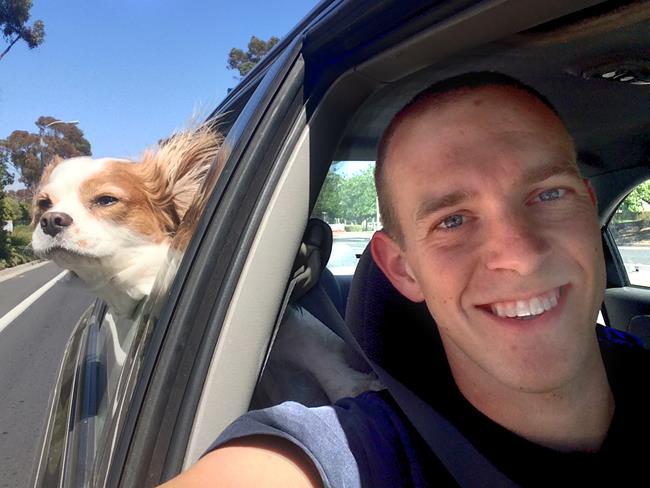 Tell us a little about your research and how you came to choose the topic.
Tell us a little about your research and how you came to choose the topic.
I look at the patterns and grammatical structures across languages, and try to explain why we see these same patterns in language after language - or, more interestingly, how there can be such amazingly diverse ways for languages to accomplish similar tasks.
This area of linguistics is called language typology. But in order to do language typology, you need to know what language patterns are out there in the world. Since most of the world's languages are under-documented, I also do fieldwork in East Africa, documenting a language called Ekegusii (or Kisii).
I first started working with endangered languages at Rosetta Stone, a company that makes language-learning software. We worked with a variety of Native American groups to create language-learning software in their languages, and I've been working with some of those groups ever since.
What has graduate student life been like for you?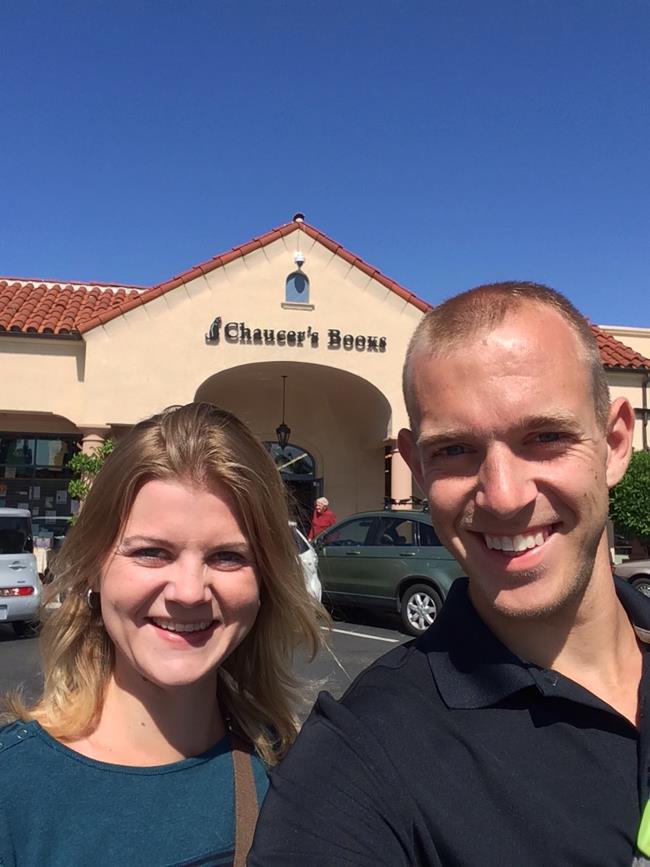
I was out of school for five years while working at Rosetta Stone, so it's been an absolute thrill to be back in academia and to get to do linguistics all day, every day. (And night. And weekends. And holidays!) You have to love your field of study to do a Ph.D., but thankfully grad school has only made me more passionate about linguistics.
What do you wish you had known before you started grad school?
I wish I had realized how little time there would be for my own research agenda during the coursework phase of my Ph.D., especially on the fast-paced quarter system. I would have taken on fewer projects and submitted to fewer conferences when I was starting my degree.
What do you like most about grad school and what do you like least?
My least favorite part of grad school is when I'm unable to make my class assignments and term papers relevant to my own research. Or worse, when it is relevant and even really exciting, but I don't have the time to pursue it! I've got a lot of half-finished projects floating around because of that.
My favorite part is getting to learn from not just the incredible faculty in the department, but also from our awesome cohort of grad students. I walk out of my meetings feeling excited and brimming with ideas, and I never fail to be amazed when I attend one of our students' talks. Living in Santa Barbara isn't so bad either!
What has been a source of motivation for you in your graduate studies?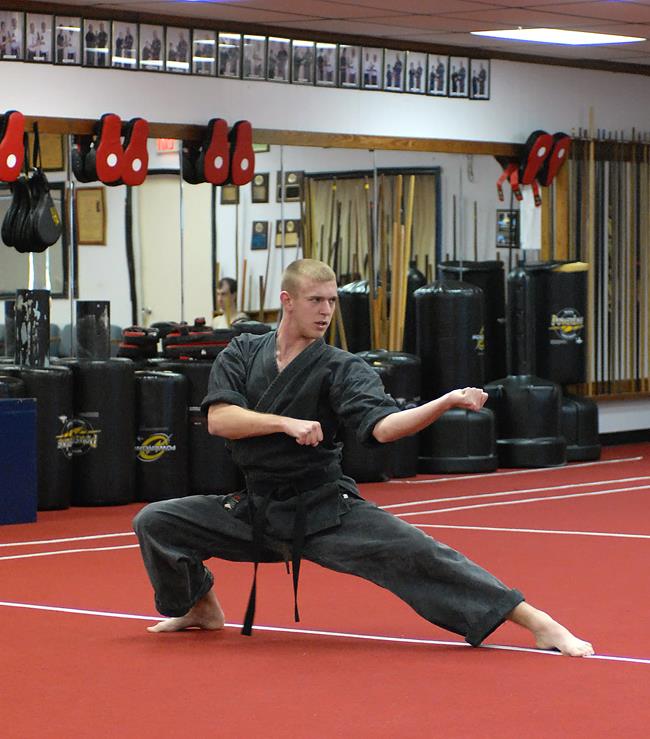
I'm privileged to work with some amazing communities who are passionate about revitalizing their languages. I help them make dictionaries, classroom materials, and grammar guides, which they then use in their language revitalization efforts. Seeing the direct and very meaningful impact of my research for these communities is one of the most rewarding parts of my work.
Who are your heroes or mentors and why?
Two of my heroes are Benjamin Paul and Delphine Ducloux, the last two fluent speakers of Chitimacha, one of the languages I work with. They were so dedicated to preserving their language that they worked with two different linguists 20 years apart to record hundreds of pages of stories in the language. If not for their efforts on the Chitimacha Tribe's language revitalization, my work would not be possible today.
I also have an incredible amount of admiration and respect for the members of the language teams I've worked with - Kim Walden, Rachel Vilcan, Sam Boutte, Lorene Legah, Lorraine Manavi, and Edna MacLean - who all worked tirelessly for years on end to give new life to their languages. They inspire me in my work every day.
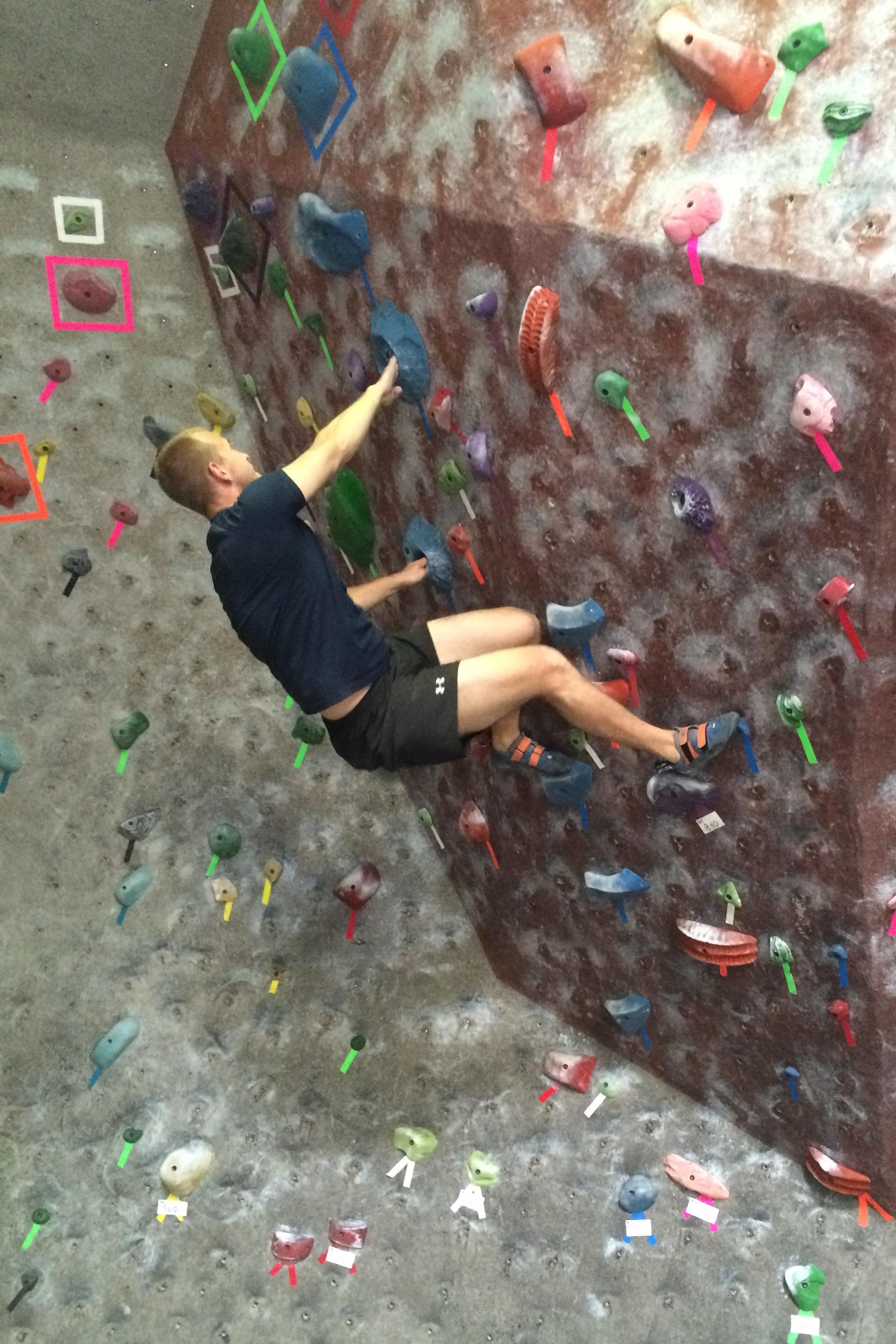 Name an accomplishment you are most proud of and why.
Name an accomplishment you are most proud of and why.
I think I'm most proud of my third degree black belt in karate, just because I started doing karate when I was 13, so it's the longest thing I've consistently devoted time to learning and perfecting - 15 years now!
What do you do to relax?
I love martial arts and practice every day, but I enjoy mixing it up with any sort of exercise as cross-training: running, strength training, rock climbing, yoga, you name it. It's the first thing I do after classes each day, and the perfect way to relax before settling in to work for the evening. I'm a huge wine and cheese fan, so I spend a lot of time at C'est Cheese in Santa Barbara. I also play piano, and my favorite composer is Chopin, though I'll also play anything Disney.
What is one thing people would be surprised to know about you?
I'm a closet Classicist. I read Latin and did a philosophy major in undergrad specializing in Greek philosophy.
Do you have any advice for current grad students?
Don't wait for someone to give you permission to start doing your own research, but do get as much feedback on that research from your peers and your faculty as you can. Establish your research agenda early, and make sure you pick something you love, because you'll be spending a lot of time on it.
What was it like coming in first place in the 2015 UCSB Grad Slam?
It was both exhilarating and incredibly humbling at the same time. Exhilarating because 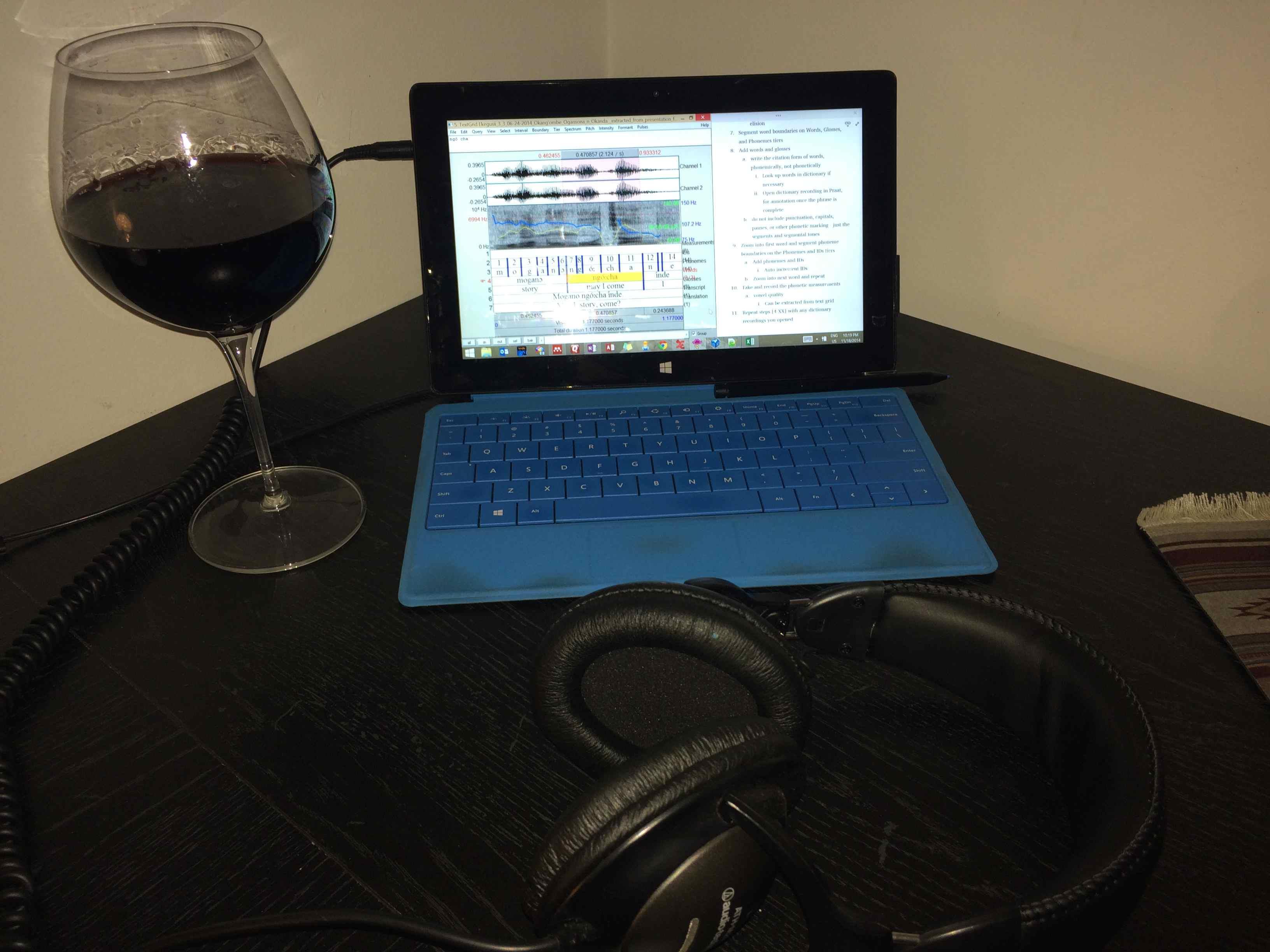 the crowd completely erupted when my name was called. There was so much energy in the room. And humbling because every single one of the other talks was so fantastic, and the students so brilliant, that it was an absolute honor to present alongside them.
the crowd completely erupted when my name was called. There was so much energy in the room. And humbling because every single one of the other talks was so fantastic, and the students so brilliant, that it was an absolute honor to present alongside them.
Anything else you'd like to add?
Just to say thanks to the entire Graduate Division for putting together such an awesome event! Not to mention Yardi, QAD, and Sonos for their sponsorships. I think the Grad Slam more than accomplished its goal of highlighting the incredible work that our grad students are doing at UCSB. As a grad student, you tend to have more loyalty to your department than to your university, but seeing the caliber of students competing in Grad Slam really made me proud to be a Gaucho as well.